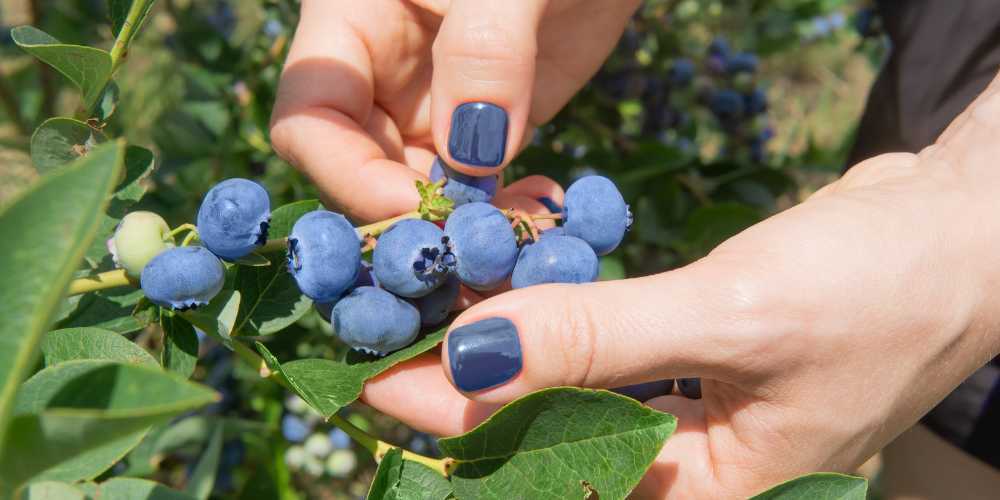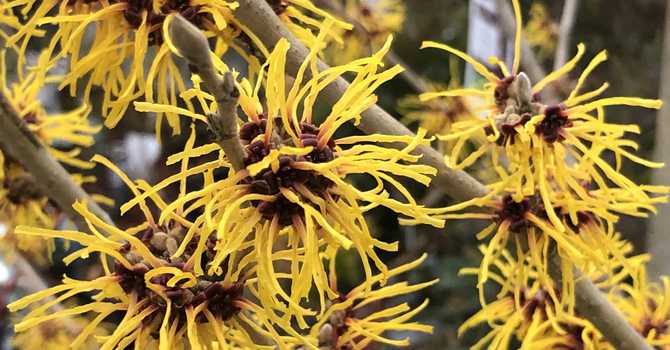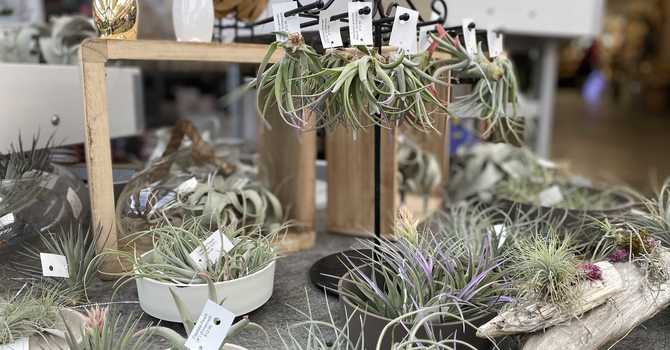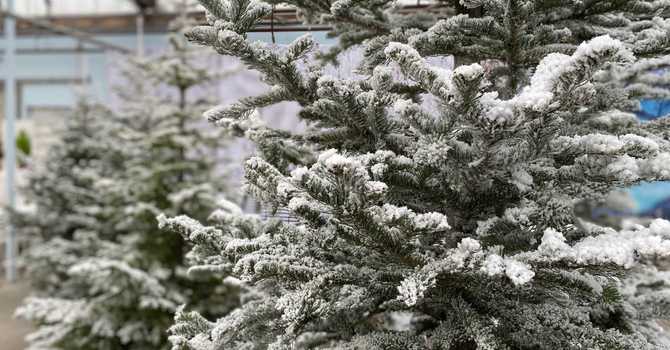
Blueberry plants have now arrived!
They are truly one of the easiest, and most rewarding, plants to grow in the home garden and they truly provide year-round enjoyment. They offer lovely green foliage and white blooms in spring, delicious healthy berries in summer, incredible foliage colour in fall and striking stems in winter. What’s not to love! To succeed with blueberries, find a sunny spot in your garden and follow these basic tips…
Work Them in to Your Landscape
Treat your blueberry plants more as ornamentals rather than small fruits, and use them as part of your landscaping. One plant by itself looks out of place, but a grouping of three or five, planted close together, blends nicely into any garden. There are genetic dwarf, low bush and high bush varieties of blueberry plants, so they can fit into almost any garden design space. Don’t hesitate to blend them in with other acid-loving broad-leaved plants like rhododendrons, Pieris japonica or Viburnum tinus.
Plant in Acidic Soil
We tend to naturally have acidic soil in our area, so this is an easy one. To say blueberries love acidic soil is an understatement. It is also important to plant them in very well-drained soil. Avoid using manures around them, but you can use up to 50% fine fir or hemlock barkmulch in the planting hole.
Buddy Up for a Long Harvest Season
Blueberries are technically self-fertile, but production is far better if two or more different varieties are planted. Most blueberry varieties fall into early, mid or late season classifications. With our ideal growing area, try planting one of each type to prolong the harvest period. If you’re hoping for really big berries, then definitely opt for ‘Chandler’ (Mid-Late) which is one of the most popular varieties we carry. Also in high demand are ‘Bluecrop’ (Mid), which is a commercially grown variety that is highly productive with tasty, sweet berries, and ‘Duke’ (Early) with medium sized, sweet berries with a long harvest period.
For container gardeners
During the summer months, water your blueberries thoroughly and deeply about once a week, especially as they get established. Working a bit of Sea Soil around the drip line in the spring will give them a great boost for the season ahead, but you can also feed with 10-15-19 which has micronutrients too.
Blueberries are generally pest and disease free. Should birds be your issue though, popping some fine (3/4”) netting over your shrubs will help.
Blueberries truly are a wonderful garden treat and one of the very best health foods in the world!
Just make sure you provide great drainage by working fir or hemlock bark mulch into the soil for both improved acidity and drainage. With any luck, you’ll enjoy a few berries this year.


